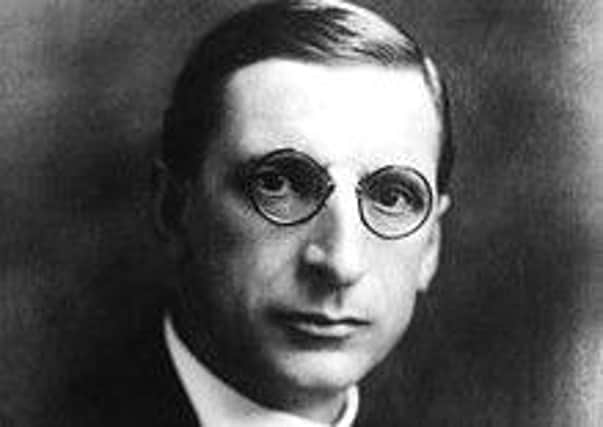The Catholic nationalist Irish state alienated Protestants


However, the picture is by no means benign.
There was a sharp decline of 49% in numbers of native Protestants from 1911 to 2011.
Almost 10% of the population in 1911 were native Protestants but by 2011 only 3.5%.


Advertisement
Hide AdAdvertisement
Hide AdIn the period of violence from 1920 — 23 many, perhaps 40,000, were enforced emigrants (see my book ‘Buried Lives. The Protestants of Southern Ireland’).
Don Akenson, the Canadian historian, wrote of those who stayed on:
...the Protestants were tolerated and well treated as a religious minority but were penalized and ill-treated as a cultural minority.
The Taoiseach (de Valera) had made it clear verbally and the legislature affirmed by its voting that Irish nationalism and cultural pluralism were incompatible concepts...
Advertisement
Hide AdAdvertisement
Hide AdThe historian FSL Lyons argued that in the twenties and thirties Protestants went into a ghetto of the mind.
The historian Henry Patterson tells us there was ‘low intensity unhappiness with what many southern Protestants saw as the anti-British and confessional nature of the Irish state, while compulsory Irish in schools aroused much Protestant resistence’, causing educational retardation. Successive Irish governments ignored the protests of Protestants who had to suffer a form of proselytism through compulsory Irish tuition.
The ban on the attendance of Roman Catholics at Trinity College Dublin by Archbishop John Charles McQuaid introduced at Maynooth in 1944 and in force until 1971 was a Roman Catholic sectarian attack on Southern Protestants sanctioned by the state which made no effort to oppose it.
It is clear that Protestants became ineffective as a political force and the new Catholic nationalist state alienated them.
Advertisement
Hide AdAdvertisement
Hide AdIn the words of Mervyn Busteed the prolonged demographic decline ‘suggests that Irish society has not provided as positive an environment for Protestantism as it might have’.
He also argued that today Protestants have been integrated into Irish society with the waning of the Catholic church and the emergence of an increasingly secular state.
However, there has been a ‘greening’ of Protestants that ‘led to a growing sense of distance from northern Protestants’.
(See Irish Protestant Identities. ed. Mervyn Busteed)
It could be argued that the nature of the Irish state that came into being in 1922 was such that a non violent, though nonetheless very real form of ethnic cleansing took place over many decades in a country whose ‘national narrative bore so little relationship to their (Protestants) own’, as stated by historian Marianne Elliott.
Robin Bury, Toronto, Canada